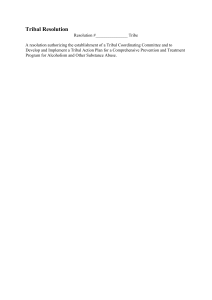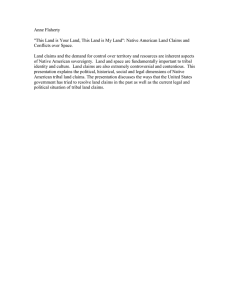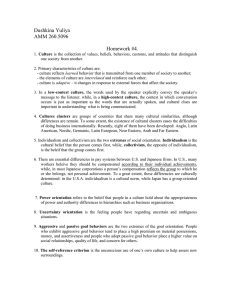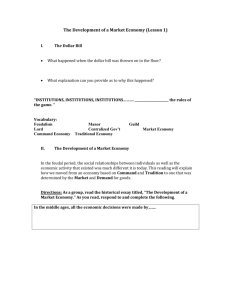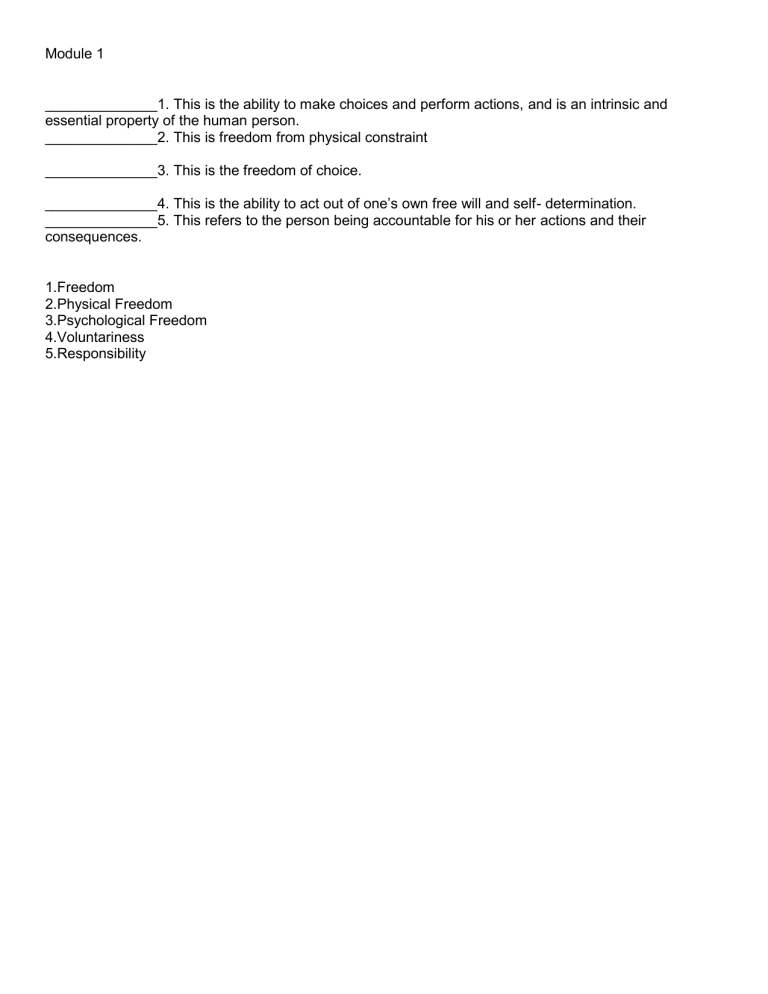
Module 1 ______________1. This is the ability to make choices and perform actions, and is an intrinsic and essential property of the human person. ______________2. This is freedom from physical constraint ______________3. This is the freedom of choice. ______________4. This is the ability to act out of one’s own free will and self- determination. ______________5. This refers to the person being accountable for his or her actions and their consequences. 1.Freedom 2.Physical Freedom 3.Psychological Freedom 4.Voluntariness 5.Responsibility Module 2 a. Dialogue b. Availability c. Martin Buber d. Empathy e. I-It f. Ethics of care g. Seeming h. Intersubjectivity i. I-Thou j. Interpersonal Relationship 1. ________________ He dealt with human relations and is considered to be one of the greatest minds of the 20th century in the field of education. 2. ________________ refers to the characteristic of the human person to engage in a very intimate and personal relationship with others who are different from him or her but who are also like him or her. 3. ________________ where an individual presents himself or herself in a certain way when dealing with others. 4. ________________ is an interaction between persons that happens through speech or the use of words, expressions, and body language. 5. ________________ is the ability to share emotions. 6. ________________ is the willingness of a person to be present and be at the disposal of another. 7. ________________ is an ethical theory that emphasizes the moral dimensions of relationships and interaction. 8. ________________ is the relationship where two people have a dialogue or interaction with each other. 9. ________________ is the relationship where two people just see each other as the “other”. 10. We are able to relate meaningfully with other human beings because we consider ourselves as essentially the same. This notion of recognizing the self in the other is how philosophers define ________________. 1.C 2.H 3.G 4.A 5.D 6.B 7.F 8.I 9.E 10.J Module 3 a. Personal b. Transactional c. Jurgen Habermas d. Lifeworld e. Tribal and Feudal Society f. Modern Society g. Individualism h. Collectivism i. Rural community j. Urban community 1. _____________ a school of thought that gives primacy to the protection and recognition of individual freedom. 2. _____________ absolute power is duly exercised by tribal and feudal leaders. 3. _____________ people in this community have traces of feudalism. They avoid confrontations and disputes. Community children refer to elders as auntie or uncle, even if they are not blood related. 4. _____________ believes that the society is composed of three (3) main spheres: the economic, the political, and the lifeworld. 5. _____________ interactions are based on a regard for each other as a means of attaining one’s goal. 6. _____________ Monarchial and tribal powers were no longer absolute. Political systems gradually recognized the rights of individuals and redistribution of wealth in societies. 7. _____________ interactions are based on mutual regard from each other as persons. 8. _____________ The solidarity of this community is organic and contractual. It has a stronger sense of individualism among dwellers who live close to each other yet remain strangers to one another. 9. _____________ It thrives on mutual recognition. 10. _____________ it is observed in societies that give priority to unity over the recognition of one’s individual freedom. 1.Individualism 2.Tribal and feudal society 3.Rural 4.Jurgen Habermas 5.Transactional 6.Modern Society 7.Personal 8.Urban 9.Lifeworld 10.Collectivism Module 4 ________ 1. This is an organized group of people whose members interact frequently and have a common territory and culture. ________ 2. These are a set of traits and behavior that society considers acceptable and are encouraged and passed on to other members. ________ 3. This is an organized or patterned set of relationships among individuals and groups that compose a society. ________ 4. These are actions or things that are considered important by society. ________ 5. This society is based on knowledge, information, and the sale of services. ________ 6. This society is based on the ownership of land. ________ 7. The earliest and simplest form of society. ________ 8. This society features large-scale and long-term cultivation of crops and domestication of animals. ________ 9. This society primarily relies on the domestication of animals for food. ________ 10. This society has given rise to the virtual society. 1.Society 2.Norms 3.Social System 4.Social Values 5.Post-Industrial Society 6.Feudal Society 7.Hunting and gathering Society 8.Agrarian or agricultural society 9.Pastoral Society 10.Industrial Society Module 5 ________ 1. Death is commonly understood as the end of bodily functions which signals the end of a person’s life. ________ 2. As biological beings bound by natural laws and the inevitability of death, we can stop aging and the eventual decline of our bodies. ________ 3. Our efforts are often marked by difficulties and discouragement. The pursuit of happiness requires that we go through the effort to achieve it. ________ 4. The reality of death means that our existence is unique and that we will always get another chance to do things we want in this life. ________ 5. Reflecting on the reality of death enables us think of how we can best live a meaningful life. ________ 6. Human persons in their natural states have the tendency to form bonds with others, meaning, that human persons can also find meaning in life when they open themselves to others. ________ 7. When we have genuine relationships with others, we not only share in each other’s happiness but we also bring happiness to others. ________ 8. The human person is an embodied spirit or the unity of a body and a spirit. The body grows and dies, while the soul continues to exist even after the body has passed. ________ 9. Accepting the fact that we have a limited time in this world allows us to determine the course of our life – to paint a picture of how our life will progress and how we envision it to end. ________ 10. The person exercising his/her freedom is the author and protagonist who determines the development and conclusion of his or her life story. TRUE OR FALSE 1.T 2.F 3.T 4.F 5.T 6.T 7.T 8.T 9.T 10.T
